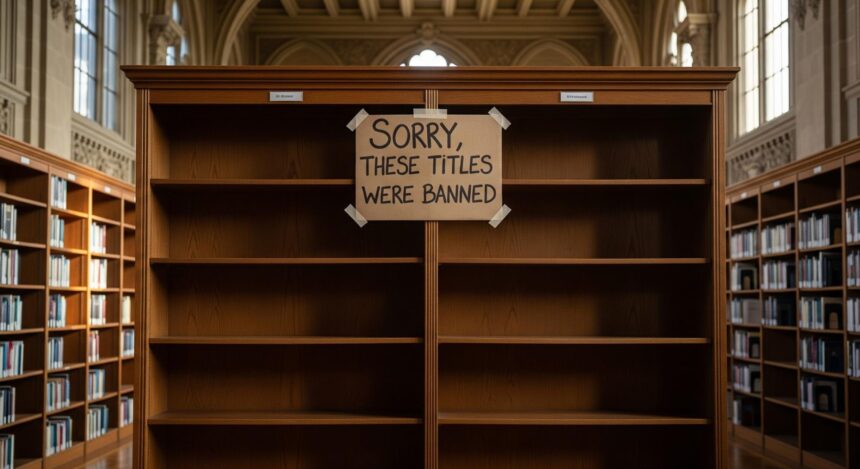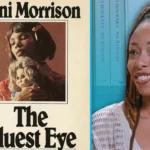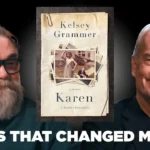Censorship has long been a part of the literary world. From The Catcher in the Rye to 1984 and A Court of Thorns and Roses, authors have faced scrutiny for including controversial content. But in 2025, the question remains: what is considered too controversial for the bookshelves?
By Jayne Turner – Staff Writer
Banned Books in 2025
Difficult Ideas and Controversial Content
Books have often been banned for containing sexually explicit material, offensive language, or themes considered “too mature” for younger readers. Another category of banned books includes works that explore difficult ideas about corrupt governments, political tension, and social order. Recently, however, books have increasingly been banned simply for featuring LGBTQ+ characters.
Commonly Banned Books
- The Catcher in the Rye by J.D. Salinger
Banned for its vulgar language, rebellious themes, and sexual content. - 1984 by George Orwell
Banned for its anti-totalitarian messages, political and social commentary, portrayal of government surveillance, and themes of censorship. - Narrative of the Life of Frederick Douglass by Frederick Douglass
Banned for its discussion of critical race theory and critique of modern systems of oppression. - The Hate U Give by Angie Thomas
Banned for addressing police brutality, racial tension between police and the Black community, profanity, drugs, and sexual content. - All Boys Aren’t Blue by George M. Johnson
Banned for LGBTQ+ themes, with a queer and Black protagonist, sexual content, and profanity. - A Court of Thorns and Roses by Sarah J. Maas
Banned for mature themes and explicit sexual content.
Content Wars: The Fight Against Censorship
While some resistance to banned books is purely social, there have been legal battles as well. In 2024, Penguin Random House v. Gibson was a legal case in Florida that involved the removal of certain books from school libraries. The court ruled in favor of free expression, stating that removing books from public schools violates the First Amendment.
This ruling echoes a similar case from 1982, Island Trees School District v. Pico, where students challenged their school board for removing books. The court’s decision in favor of the students reaffirmed that book removal constitutes suppression of ideas on free speech.
Obscenity and the Law
One recurring theme in the debate over banned books is obscenity. The term “obscenity” doesn’t have a single, clear definition, and determining what qualifies as obscene often sparks heated debate. The landmark case Miller v. California (1972) set the precedent for defining obscenity in the U.S. legal system.
The Miller Test is a three-part legal standard used to assess whether material is obscene and unprotected by the First Amendment. The test checks if the material appeals to a “prurient interest,” is “patently offensive” by community standards, and lacks significant literary, artistic, political, or scientific value.
Some well-known books subjected to obscenity laws include:
- Ulysses by James Joyce
- Fanny Hill by John Cleland
- Lady Chatterley’s Lover by D.H. Lawrence
- Gender Queer by Maia Kobabe
- The Decameron by Giovanni Boccaccio
- Leaves of Grass by Walt Whitman
Censorship: Where Does It End?
The question of where censorship ends is complicated. For example, government officials might find books discussing corruption or LGBTQ+ relationships obscene. In 2020, even peer-reviewed scientific research papers were suppressed by social media and news outlets under pressure from the U.S. government. Though these weren’t traditional books, it demonstrate how censorship can extend far beyond the written word.
The First Amendment protects a broad range of expression, allowing individuals to hold their own beliefs and values. However, when ideas challenge those in power, censorship often follows.
It is crucial to stay vigilant against the suppression of opposing views, especially when it comes to literature and ideas we disagree with. The removal of books that depict LGBTQ+ characters, non-white cultures, or political activism harms our ability to see the world through diverse perspectives. Limiting these voices only restricts our understanding and growth.
The Impact of Banning Books
By banning books, we are essentially banning ideas. When we stop engaging with different perspectives, we stagnate. As Darwin suggested, species that fail to evolve become extinct. The same can be said for ideas—if we allow censorship to thrive, we stop progressing as a society.
Throughout history, even groundbreaking works like Darwin’s own On the Origin of Species were subject to censorship. The banning of books stifles intellectual growth and limits the possibility for new, transformative ideas to take root.
—
Author: Jayne Turner is a freelance writer from Orange, California. She has a bachelor’s degree in Neuroscience with an emphasis on language and cognition. She has ten years of musical theatre experience and a lifelong love of reading. Utterly excited by the brain, she brings a fresh Gen Z perspective to the topics that intrigue us most.











